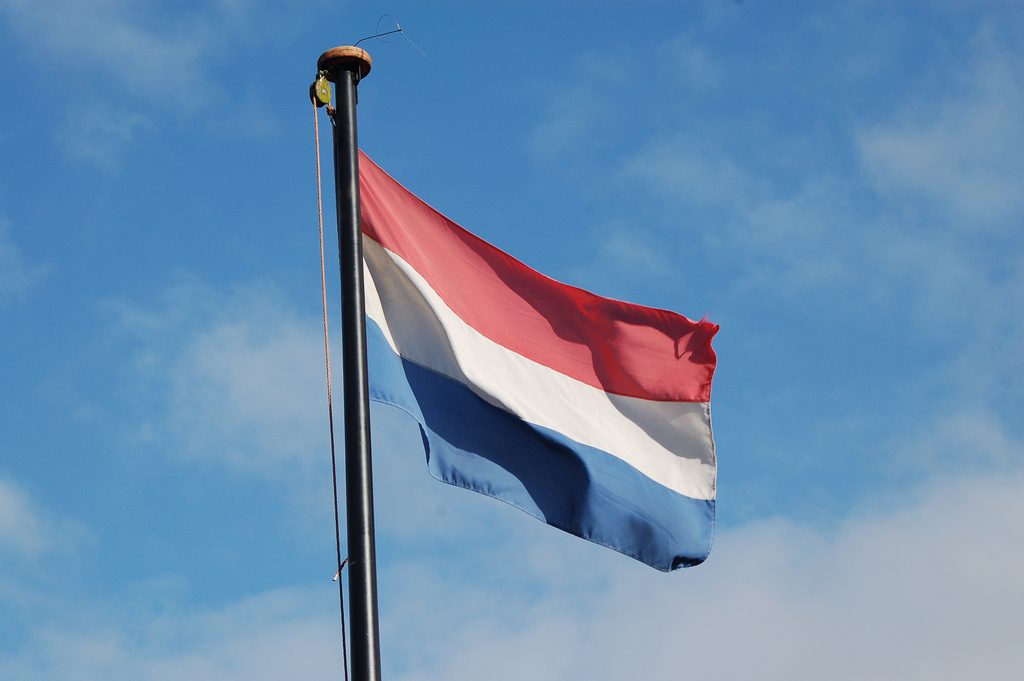
The gambling industry has hit back at the Dutch government’s move to implement its gambling tax hike across two phases to minimise likely damages. Alan Littler of Dutch gambling law firm Kalff Katz & Franssen says the government “appears to be deaf to the industry’s concerns”.
The measure was announced on 18 September as part of the government’s autumn budget. During the budget speech, a damning report was presented, warning that the gambling tax hike would cause significant losses for online operators and likely force Holland Casino to close branches or fold its online offering.
“I think the report summarises the immediate consequences of the gambling tax hike well; operators will struggle to balance their books and will withdraw from the market,” Littler told iGB.
“The current government appears to be deaf to these concerns, it views gambling as a ready source of additional taxation revenues.”
Staggered gambling tax hike to benefit sports sector
The government has so far ignored the warnings made in the Atlas Research report and is still going ahead with the 7.3% increase in tax on GGR.
In response to parliamentary questions on Thursday (19 September), Prime Minister Dick Schoof said the tax increase aims to “discourage gambling” in the Netherlands, as reported by Casino Nieuws.
Schoof said one reason the tax increase had been postponed and staggered was to appease the sports industry, which relies in part on gambling revenues.
“One of the reasons to put it on hold for a while is also because of the great resistance that arose precisely in sports because money goes to sports via the funds,” Schoof said
“We want to discourage gambling, let there be no misunderstanding about that – but this is one of the reasons to look at it in a different way.”
“It is clear gambling has few friends [in the Netherlands],” says industry consultant Willem van Oort.
“During the government’s coalition negotiations earlier this year, the incoming government parties needed to find €200m to afford their proposals.” Thanks to the new policy, up to €202m in additional gambling taxes are expected each year between 2025 and 2028.
But Littler believes consumer protection has been sacrificed in favour of increased tax funds. “The state coffers have been given priority over consumers of gambling services in the Netherlands. It will not come as a surprise should this ultimately prove to be self-defeating, as well as defeating the regulatory objectives underpinning the regulation of different forms of gambling,” he noted.
Similarly, the industry trade association of Licensed Dutch Online Gambling Providers (VNLOK) said the phased approach to the tax hike will not relieve the industry’s concerns over whether the regulated sector will survive.
Could the government pull back on its original plans?
However, Van Oort believes the government could yet retract its tax increase plans, particularly after seeing the results of the Atlas Research report.
“That report may [yet] have an impact,” he told iGB. “The last-minute idea to increase the gambling tax rate over two phases could be seen as a face-saving compromise to draw back from the initially agreed hike.”
Van Oort predicts the government could settle on the initial tax increase to 34.2% in January 2025, to appease the significant pushback its policy has received.
“What we are looking at now is a series of budget bills that must be approved by both chambers of parliament. So, there is still hope,” he concluded.